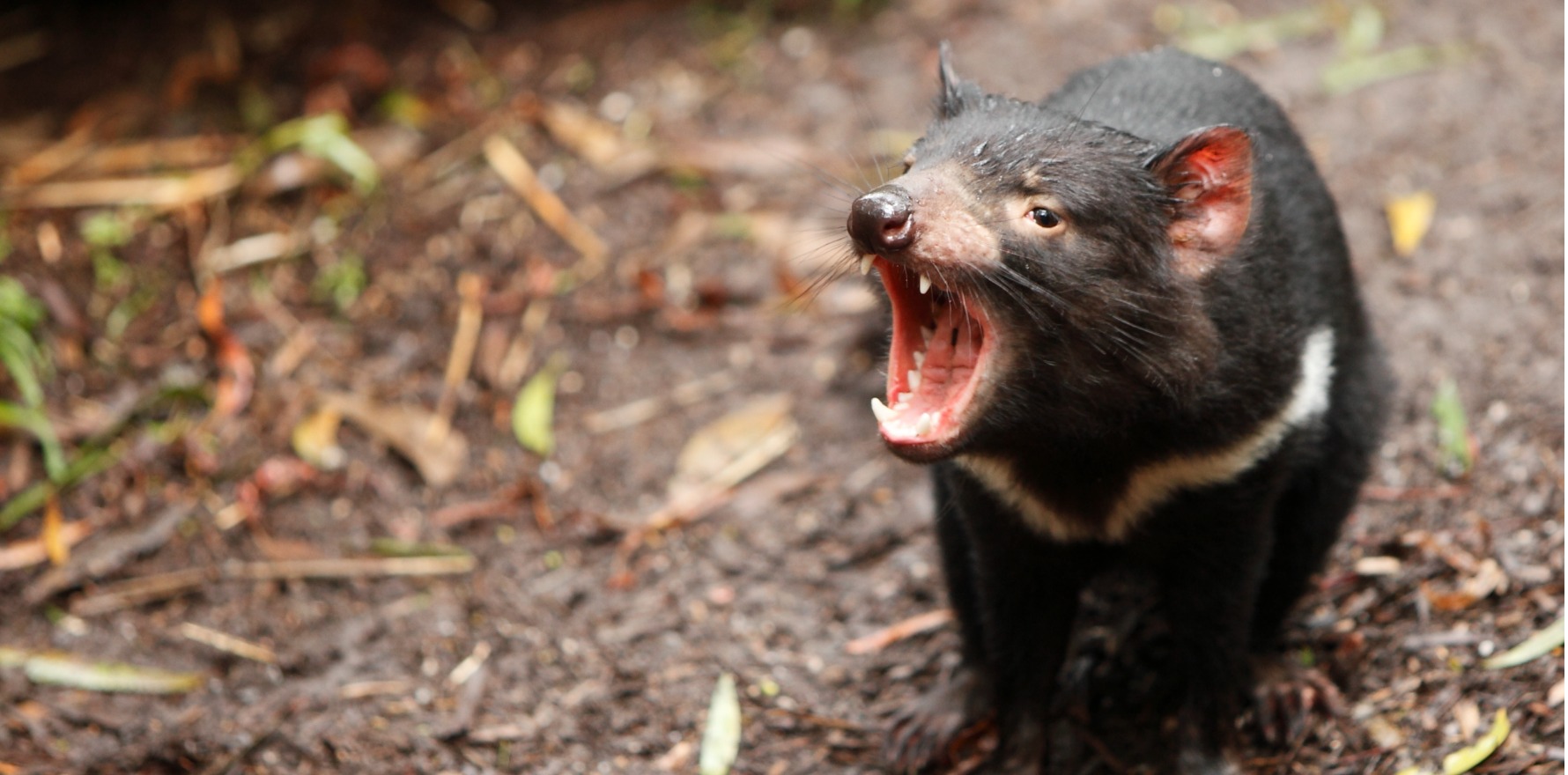The island state has typically trailed the mainland in terms of bulk-billing rates, but there are promising workforce developments.
The University of Tasmania medical school is the best in the country at turning out country GPs – but to keep the pipeline healthy, both the RACGP and ACRRM say the state government needs to prioritise rural.
It comes as the state government handed down its 2025 budget today, a budget that committed to a $14.5 billion health spend over the next four years.
ACRRM, which represents rural generalists and rural GPs, provided a submission to Tasmania’s 20-year preventive health strategy calling for investment in training, retention, infrastructure and service models that empowered rural doctors.
The government’s first priority, ACRRM said, should be to formally recognise rural generalist medicine and embed it as a central pillar of the state’s preventive health system.
Tasmania is the only state to have no recognised Modified Monash level 1 – i.e. inner metropolitan – regions.
The two largest cities, Hobart and Launceston, are both classified as MM2 or outer metropolitan.
While this should make it the ideal training ground for rural generalists, the college argued that many registrars are ultimately forced to move to the mainland due to “a lack of opportunities to practice to their full scope”.
Related
“This workforce loss reflects policy and system-level barriers rather than a lack of community need,” ACRRM said.
“Addressing this gap presents a critical opportunity to strengthen and stabilise Tasmania’s rural health system.”
According to the college, this would include clearly defined and well-supported rural generalist training and career pathways, flexible employment models with competitive remuneration, investment in multidisciplinary teams and removal of regulatory barriers limiting full-scope practice.
Sustainable funding models like block funding, incentive payments and frameworks that reward measurable improvements in preventive health, it said, would be a “foundational” enabler to ensure Tasmania’s rural and remote communities continued to access high quality healthcare.
RACGP leadership has also turned its attention to the island state this week, with Tasmania chair Dr Toby Gardner calling for sustained investment in the University of Tasmania medical program.
““The College’s 2025 intake data reveal that UTAS is fourth in the nation for producing GPs, and the first in the nation for producing rural GPs,” Dr Gardner said.
“So, let’s lock those training numbers in for many more years to come.”
RACGP rural chair Associate Professor Michael Clements called on governments at all levels to provide additional support to rural practices taking on GPs in training.
“This could include not only support for new or improved infrastructure, but even financial incentive payments to practices taking on registrars,” he said.
“The time to secure the future of rural general practice care is now.”





